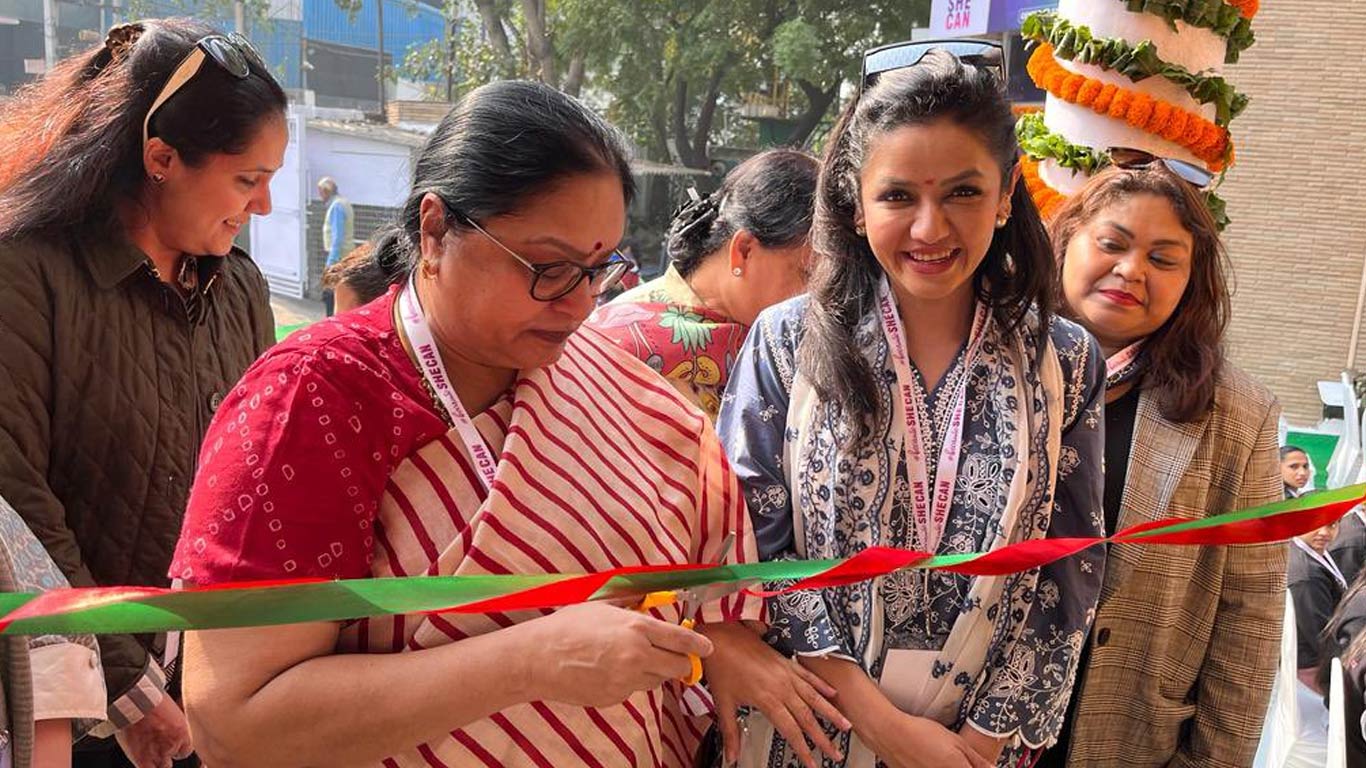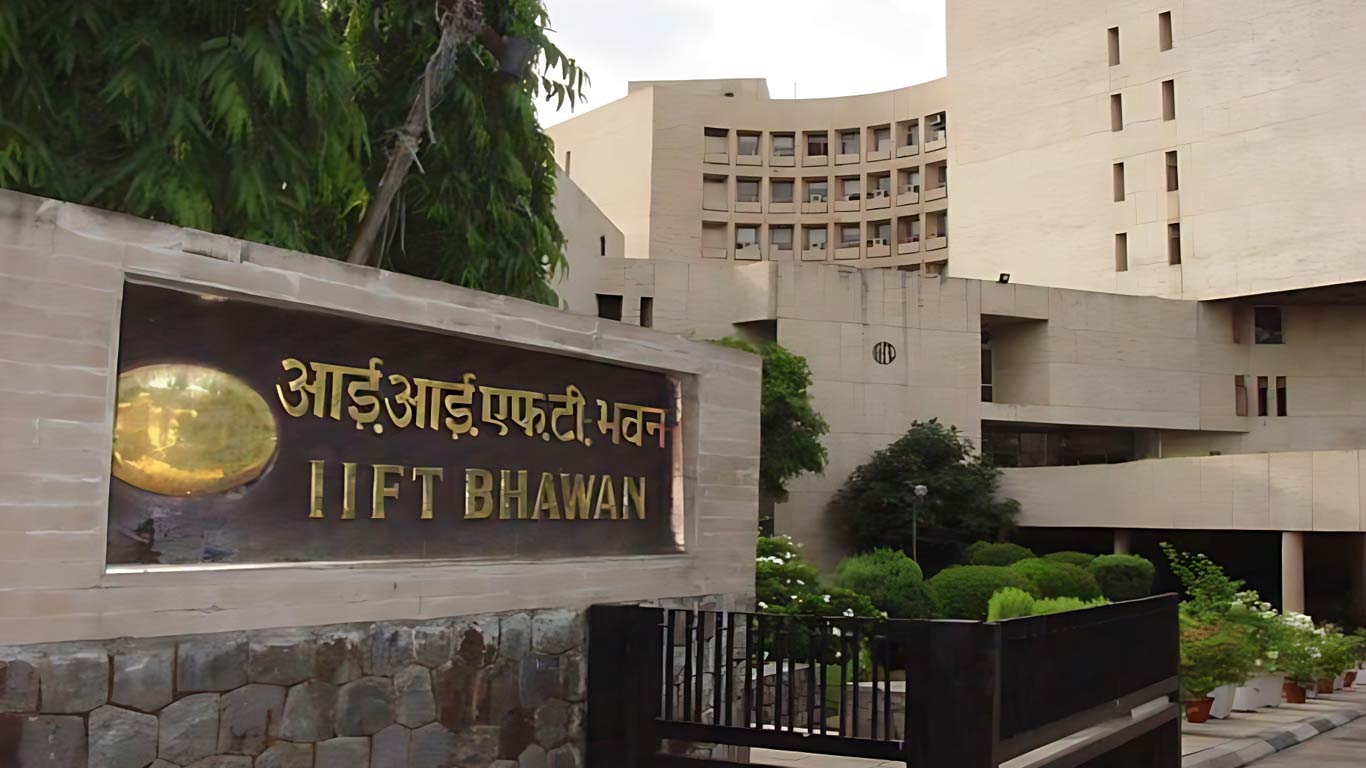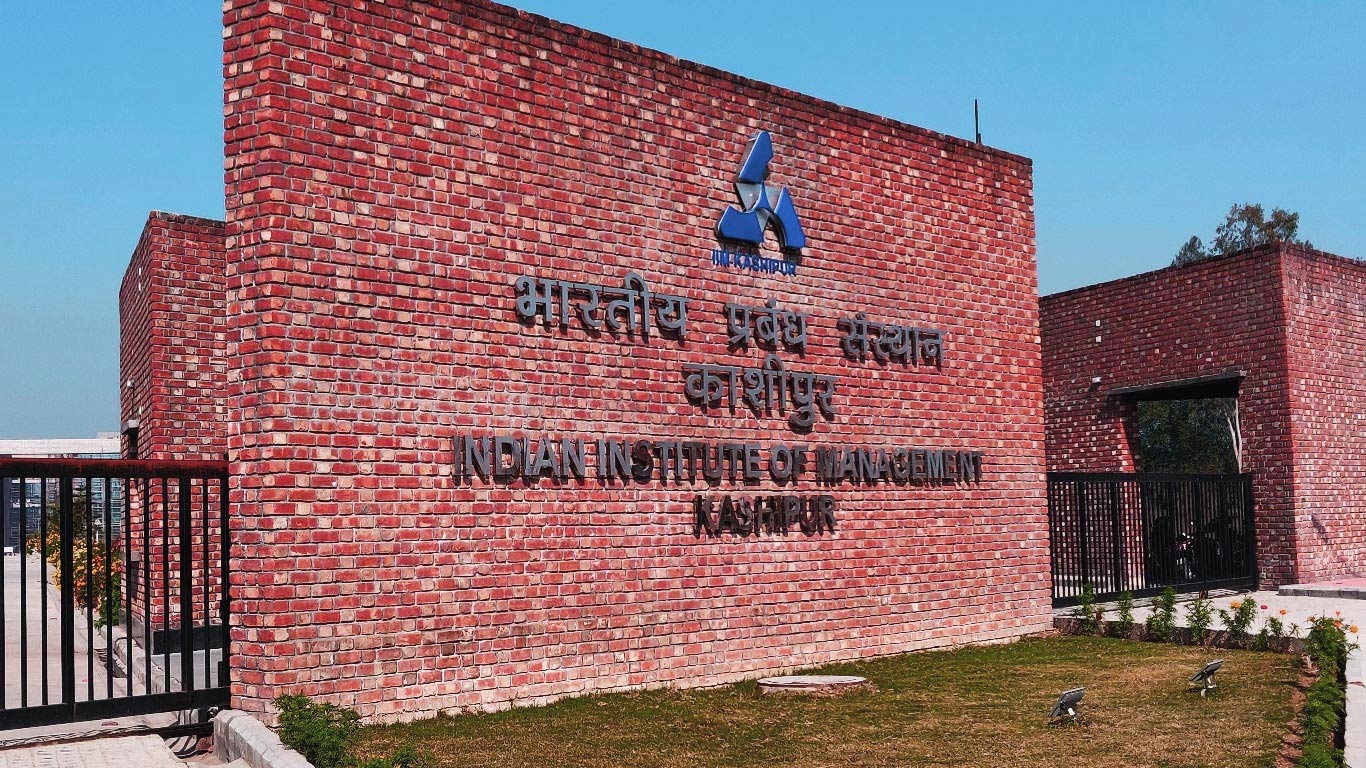Retail banking key to financial inclusion
Updated: Oct 14, 2013 04:57:39pm

Deputy Governor, Reserve Bank of India K C Chakrabarty said this in his recent address at the Bank CEOs Roundtable organised by CAFRAL in Udaipur. He said that retail banking in its most basic form was only about servicing individuals, mostly the masses for non-entrepreneurial purposes.
However, he said that retail banking over a period of time can change to class banking and offer services for entrepreneurial purposes, either to individuals, for agriculture or for small businesses (SMEs).
“This is particularly so as many aspects of retail banking in terms of delivery of services (large number of small value transactions) and risk management practices (scoring model, model based capital assessment) are also applicable to small businesses run by individual entrepreneurs,” he said, in his address titled – What, Why and How of Retail (Mass) Banking: Issues and Challenges.
Further, banks he said, would have to invest quite a lot in innovation, research and product design so as to keep their product and service offerings relevant and contemporaneous to emerging customer needs, while working towards improving their productivity and efficiency.
With regard to the confusion about the ambit of retail banking, he said it was not really confined to emerging markets but was a global phenomenon.
The Deputy Governor went on to highlight the context in which retail banking has assumed significance amongst commercial bankers and regulators; the reason for increased focus on the segment, key characteristics, pre-conditions for its success, challenges faced and the way forward.
Explaining the context, he said the Global Financial Crisis was a landmark event in the history of finance, the crisis so unprecedented that it affected all economies of the world in some form or the other.
Although the severity of the shock differed in magnitude in different parts of the world, the reforms that emerged were aimed at making the financial sector a more stable arena.
“The first and foremost of these measures have sought to curb the high-risk activities undertaken by the investment/wholesale banking divisions of the banks through structural measures for controlling systemic risks.
The crisis also highlighted a heightened need for inclusive growth as a means to ensure financial stability,” he said.
Retail Banking involves offering of products both sides of the balance sheet - fixed, current / savings accounts on the liability side; and mortgages, loans (for example, personal, housing, auto, and educational) on the asset side. Additionally, retail banking also involves offering of credit cards, depository services and also insurance products, capital market products etc. to individuals.
Insofar as characteristics of retail banking go, the products and services under retail banking are supposed to be standardized. In other words, they are “off-the-shelf” products without any customization for individuals, equated to products offered at a branded retail store with uniformity, transparency and non-discrimination about the products and services offered.
For retail banking to be successful, there should be an efficient delivery mechanism – fairness, affordability of pricing, promptness of service and enhanced customer experience.
Banks would also have to leverage technology and deliver services in a safe, prompt and cost effective manner. Needless to say, appropriateness of product and services for the customers and indiscriminate pricing are of essence.
Chakrabarty is in-charge of the department within RBI looking after financial inclusion initiatives in the country. (KNN/ES)











